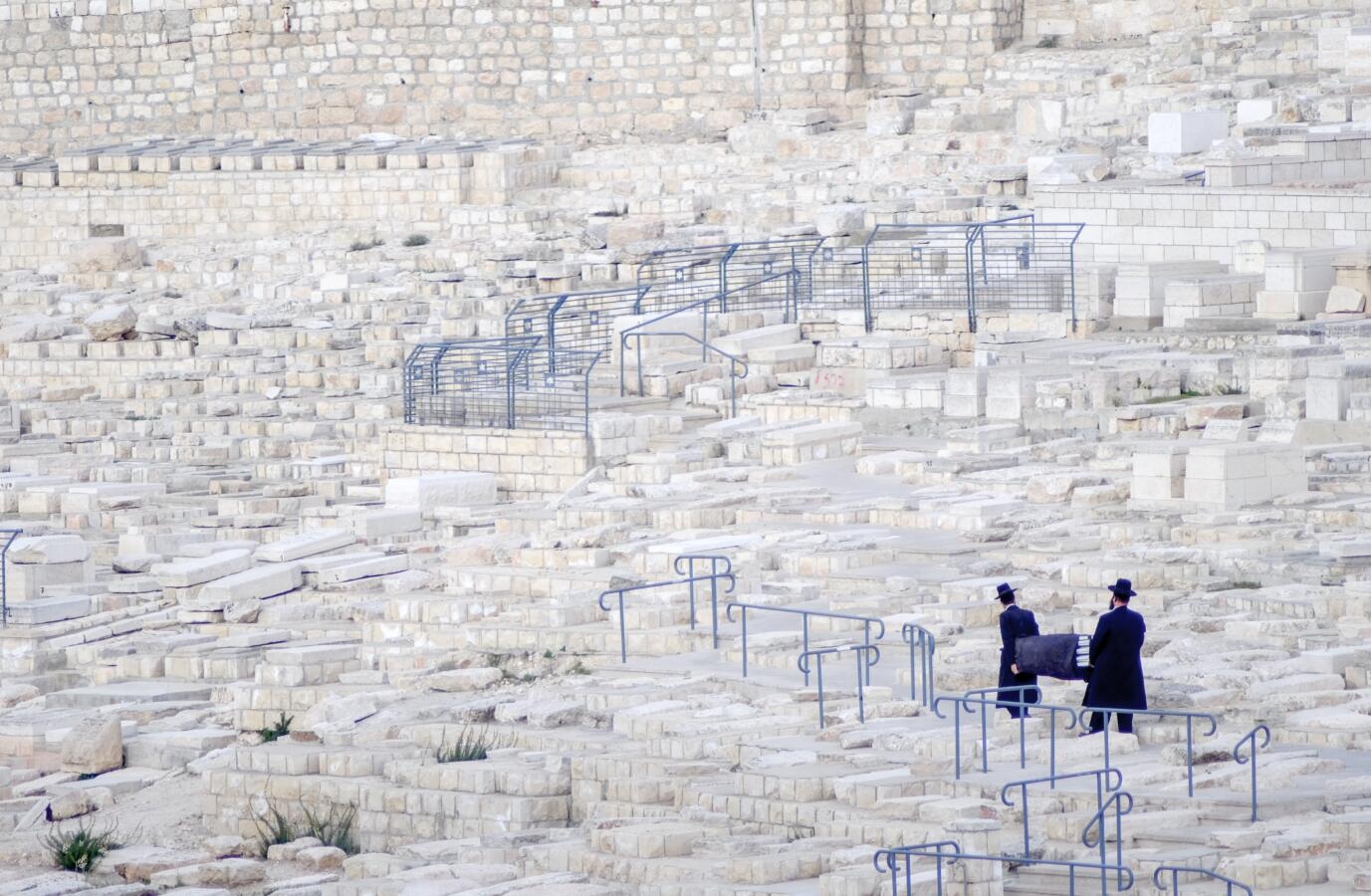Commentary on Parashat Re'eh, Deuteronomy 11:26-16:17
Twice in the final verses of Parashat Re’eh, we are commanded to rejoice. And in both cases, the “we’” is enumerated. Both Deuteronomy 16:11 and Deuteronomy 16:14 require rejoicing by “your son and daughter, your male and female slave, the [family of the] Levite in your communities, and the stranger,the fatherless, and the widow in your midst.”
Those last two categories are noteworthy. Anyone who has experienced grief after the death of a parent or spouse will likely attest that rejoicing in those times is a challenge. So why does the Torah specifically command orphans and widows to rejoice?
The rabbis of the Talmud were puzzled by this too. In Tractate Kiddushin (34b) they wonder how a woman who has just lost her husband can possibly be joyful on a festival. Their answer is that the commandment to rejoice doesn’t apply to the widow herself, but to the men with whom she is present. It is they who have an obligation to ensure that widows rejoice on festivals.
This answer recognizes that the status of widowhood, or grief generally, might be reason to reconsider the plain meaning of the commandment as found in the Torah. The rabbis seem to be saying that the experience of grief merits an exemption from the commandment to celebrate. And yet, for others who are not directly related to the person who has died, the obligation to celebrate remains — so much so, that their obligation to celebrate should count for the one who is no longer obligated as a result of their status as a mourner.

Help us keep Jewish knowledge accessible to millions of people around the world.
Your donation to My Jewish Learning fuels endless journeys of Jewish discovery. With your help, My Jewish Learning can continue to provide nonstop opportunities for learning, connection and growth.
This idea of being exempt from the usual religious responsibilities while experiencing grief (an internal experience) carries through the rituals of Jewish mourning (the external experience following the death of a family member). From the time of death until burial, Jewish tradition exempts the bereaved from all time-bound commandments, as the assumption is that our full focus needs to be on attending to the honor of the dead, which we do through making funeral and burial arrangements. From shiva through sheloshim — and in the case of a parent, the first 11 months after death — Jewish law has the mourner resume normal obligations gradually. Starting with the recitation of the Mourner’s Kaddish following burial, mourners resume the responsibility of time-bound prayer, but they continue to refrain from other obligations, joining in celebrations among them. With each passing period of time, the mourner moves further from the experience of acute grief and back toward their usual routines and commitments.
That the rabbis of the Talmud interpret a line of Torah with greater leniency than a simple reading would suggest reminds us of the seriousness with which grief is treated in Jewish tradition. This is a lesson worth bringing into the greater world, where bereavement policies in workplaces vary greatly, as do the expectations placed on mourners who may not yet be ready to return to their regular routines. The rabbis’ reading ensures that the obligation of celebration is fulfilled without requiring the mourner to move beyond their own level of comfort. May this week’s reading motivate us to pay careful attention to the needs of the mourners in our midst, encouraging us to step in to fulfill obligations as needed.
This article initially appeared in My Jewish Learning’s Reading Torah Through Grief newsletter on August 11th, 2023. To sign up to receive this newsletter each week in your inbox, click here.
Looking for a way to say Mourner’s Kaddish in a minyan? My Jewish Learning’s daily online minyan gives mourners and others an opportunity to say Kaddish in community and learn from leading rabbis.



